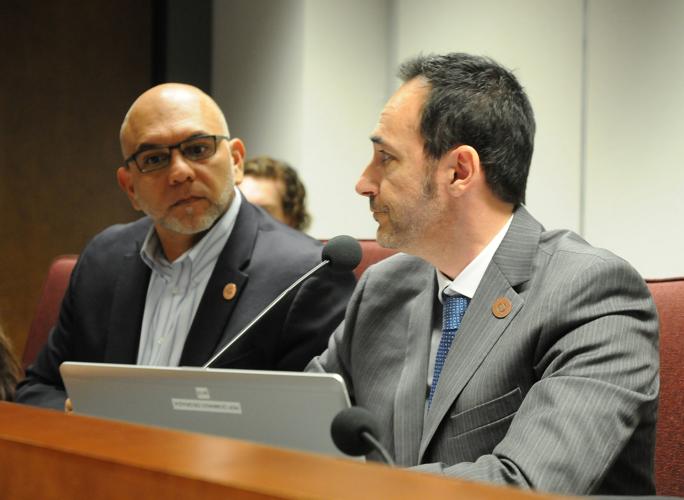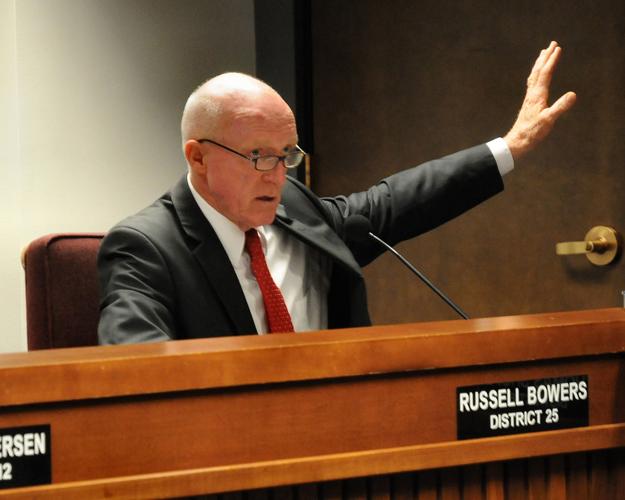PHOENIX — A House panel approved changes in laws about when people who have been sexually abused can sue their assailants, but in a form that some victims and their advocates say really won’t help them.
Rep. Anthony Kern, R-Glendale, who chairs the Republican-dominated panel, would not let victims testify.
On a party-line vote Monday, the Rules Committee approved House Bill 2746 to give victims until they turn 30 to file civil suits. That’s a decade longer than now allowed.
Kern said the the more liberal version that victims who showed up to testify want — giving victims seven years after they report what happened to a medical professional, with no age limit — is not about justice but “would do nothing more than line attorneys’ pockets.”
“There’s no amount of money that can help them,” Kern said.
Sen. Paul Boyer, R-Phoenix, who has been pushing the broader version, said the issue is giving victims a chance not only to go after their abusers but to help ferret out perpetrators who may still be working with children.
“By not passing something, either with post-disclosure or with a window, we are going to continue as a state policy to allow current sexual predators to continue where they are without their being exposed,” Boyer said.
The accusations that those who support the current version of the bill are somehow impeding justice for victims drew a sharp retort from House Speaker Rusty Bowers, R-Mesa, who wrote the compromise measure.
Aside from taking the age to report from 20 to 30, Bowers said the legislation would clarify that the victim can file civil suit even after age 30 if prosecutors bring criminal charges against the perpetrator. And he said there isn’t even a requirement for a conviction.
Boyer, however, pointed out that window already exists in statute, albeit in a slightly different form.
Rep. Domingo DeGrazia, D-Tucson, who is an attorney, said the version approved Monday is not exactly fair — or constitutional.
He said it ties the ability of victims older than 30 to sue to whether prosecutors bring a case, something DeGrazia said happens only when they believe they can prove the person’s guilt “beyond a reasonable doubt,” the standard for a criminal conviction. But a jury in a civil case decides based on the preponderance of the evidence, meaning which side appears more believable.
DeGrazia also suggested that the age limit of 30 to sue appears to be “plucked from the ether,” saying there is no evidence that those who have been assaulted and abused fully realized what happened to them by that age.
Boyer showed up at the committee with several victims, all prepared to tell lawmakers that they were much older when they recognized that what happened wasn’t their fault. But Kern said there had already been testimony earlier this session on the issue.





